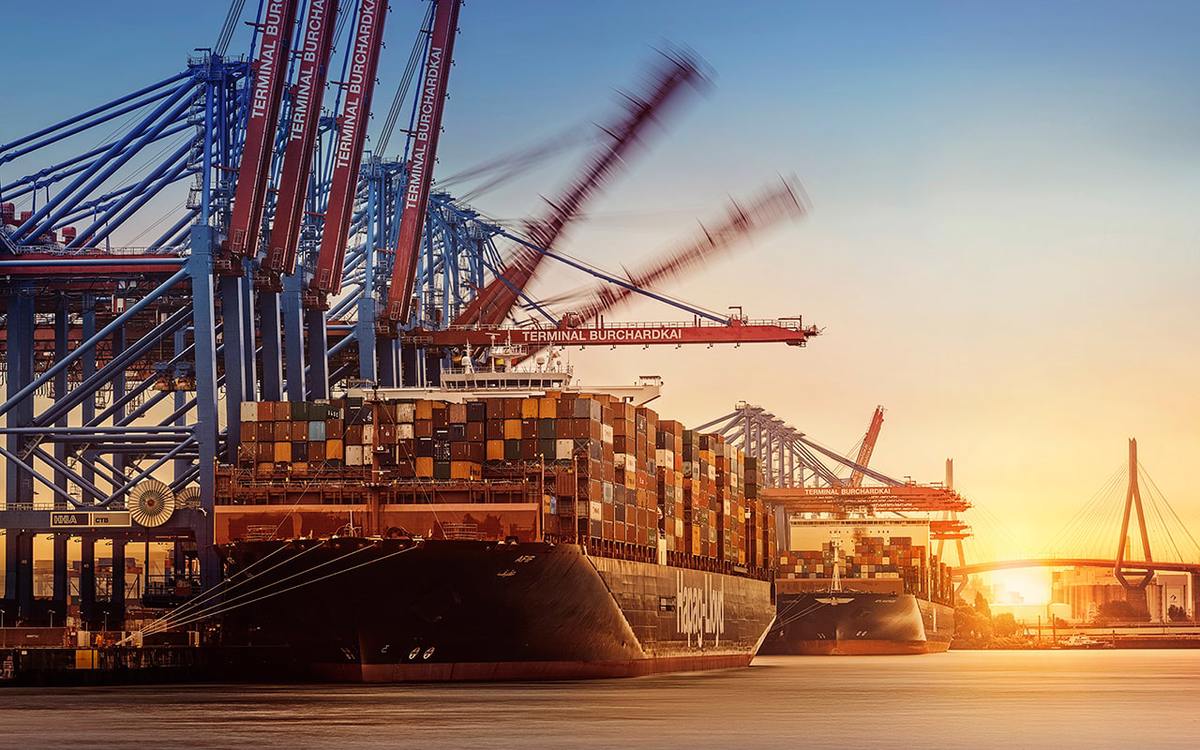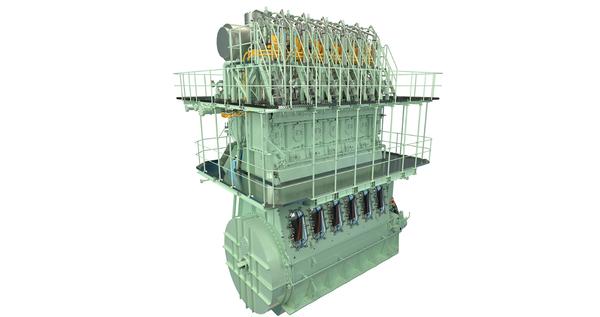Climate orgs urge to accelerate adoption of e-fuels in cargo shipping
Opportunity Green and Ship It Zero have expressed concerns about the long-term viability of biofuels and LNG to decarbonise cargo shipping.
 PHOTO: Hapag Lloyd's container vessel Afif docked in port. Hapag Lloyd
PHOTO: Hapag Lloyd's container vessel Afif docked in port. Hapag Lloyd
Members of global retailers’ coalition Zero Emission Maritime Buyers (ZEMBA) agreed to purchase emission reduction credits from Hapag-Lloyd based on a biomethane-based book and claim system.
Hapag-Lloyd will source "blended" liquefied biomethane from suppliers for injection into the European gas grid on a mass-balance basis. It will then allocate carbon credits achieved from the injection of LBM into the European grid to ZEMBA members like Amazon and Nike. The system will allow cargo owners to claim up to 90% CO2 emission reduction compared to conventional fuels.
Two shipping-focussed climate non-profits have now issued separate statements advocating e-fuels instead of bio-based fuels as a long-term solution to decarbonise cargo shipping.
Biofuels and LNG are not “long-term fuel solutions” to decarbonise shipping, Opportunity Green’s chief executive, Aoife O’Leary said.
Biofuels are not “scalable” or long-term alternatives to decarbonise the cargo shipping segment, Jonathan Butler, Ship It Zero’s campaign lead for Pacific Environment reiterated. E-fuel supply must be scaled up to “truly reach a sustainable zero-emission shipping future,” Butler added.
Call to Action
ZEMBA's initiative underscores the need for policy support to push the production of green hydrogen and green hydrogen derivatives to meet the shipping sector's future demand for zero-emission potential marine fuels, O’Leary emphasised.
"Without policy to ensure that green hydrogen and fuels produced from green hydrogen are supported, the only ‘alternative’ fuels available to the industry will be LNG and biofuels," she pointed out.
ZEMBA members must ramp up efforts to accelerate the switch from biofuels to the adoption of e-fuels on ships carrying their cargoes, according to Ship It Zero. “Cargo owners and carriers must continue to use their power to accelerate the adoption of e-fuels and, in the short-term, implement efficiency measures that can have an immediate impact on reducing emissions and port pollution,” Butler added.
ZEMBA has claimed that its next contract for low-emission shipping, scheduled to go into effect in 2027, will include e-fuels.
By Konica Bhatt
Please get in touch with comments or additional info to news@engine.online






